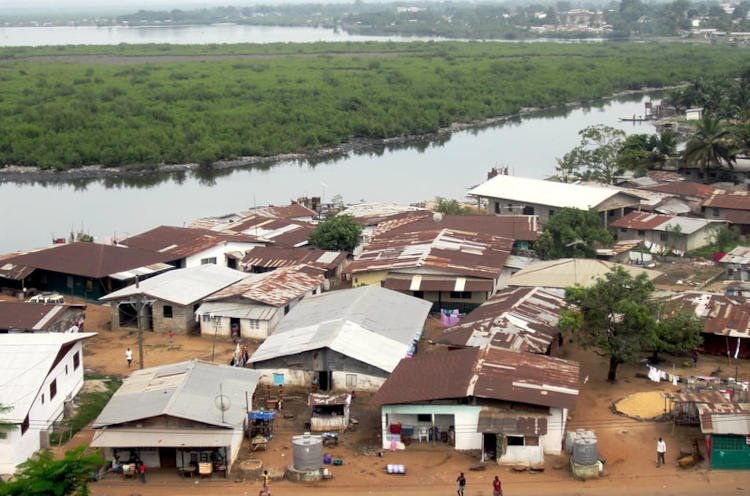With nearly 2.5 million Liberians living in absolute poverty, President Joseph Boakai needs to, as a matter of urgency, deliver on his campaign promises.
Development Diaries reports that the latest poverty assessment report of the World Bank reveals that nearly one million Liberians live in extreme poverty, while 2.5 million live in absolute poverty.
According to this assessment report, continued disparities and inaccessibility of basic services, especially in rural communities, have the potential to foster discontent among a large proportion of the Liberian population.
Also, the report noted that most poor Liberians depend on agriculture for their livelihoods, but the agriculture sector has exhibited sluggish and stagnant growth.
We can recall that President Boakai, during his campaign for office, promised to renew ‘the lost hope’ of citizens as he pledged to improve infrastructure, invest in agriculture, attract investment, open the country to tourism, and restore Liberia‘s reputation.
Recall also that during his inauguration speech, the president re-echoed his promises, even as Liberians expect him to create jobs, improve the economy, strengthen institutions, and fight corruption.
The latest poverty assessment is an indication that the time for the president to deliver on those promises is now.
Agriculture is the primary livelihood for more than 60 percent of Liberia’s population and accounts for a large percentage of its gross domestic product (GDP).
It also provides income for many households engaging in cassava, rubber, rice, oil palm, cocoa, or sugarcane production.
We, therefore, believe that improving the agriculture sector, especially in rural communities, will help in creating multiple avenues to increase household income across the country.
Development Diaries calls on President Boakai to prioritise the creation of government-supported interventions in the agriculture sector to boost production and support smallholder farmers across the country as a measure to boost family income and the economy at large.
Photo source: David Stanley







